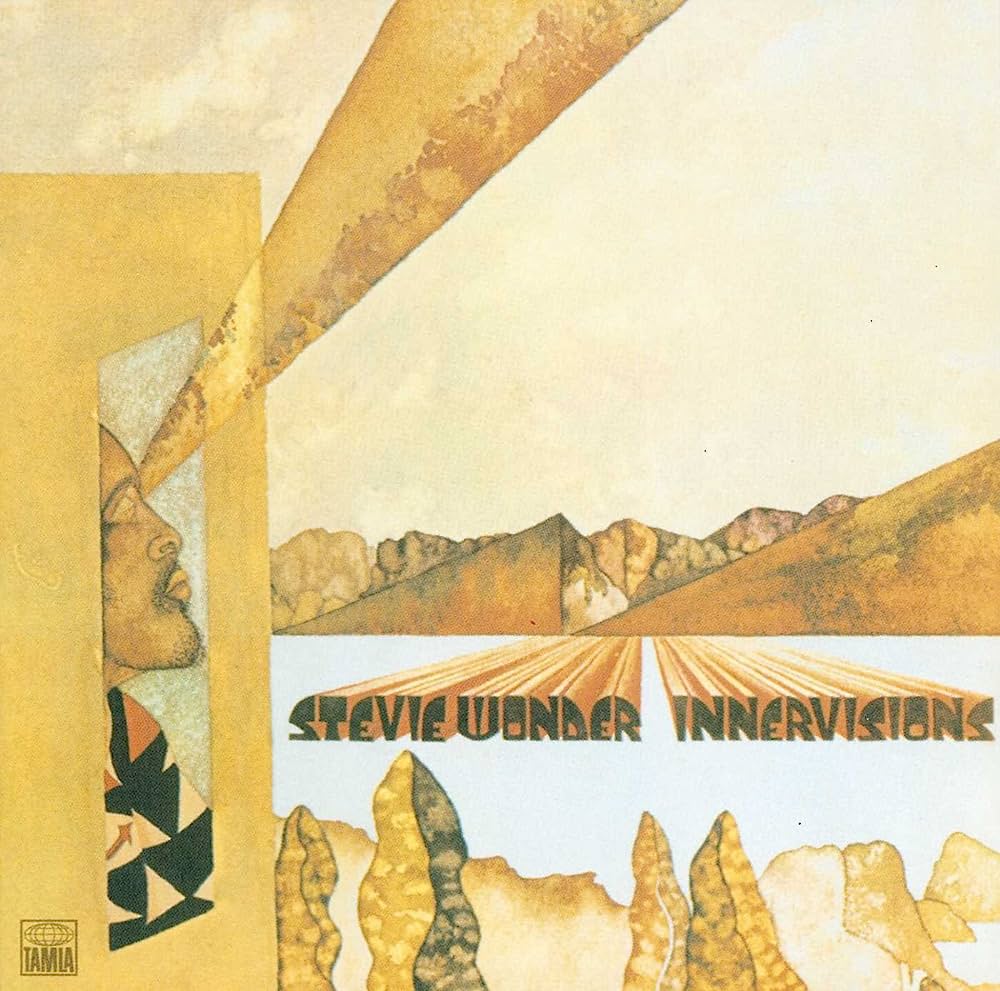Teach This Poem, though developed with a classroom in mind, can be easily adapted for remote learning, hybrid learning models, or in-person classes. Please see our suggestions for how to adapt this lesson for remote or blended learning. We have also noted suggestions when applicable and will continue to add to these suggestions online.

Listen to the song “Higher Ground” by Stevie Wonder.
The following activities and questions are designed to help your students use their noticing skills to move through the poem and develop their thinking skills so they understand its meaning with confidence, using what they’ve noticed as evidence for their interpretations. Read more about the framework upon which these activities are based.
-
Warm-up: (free-write) What comes to mind when you hear the phrase “I want”? Write for a few minutes. Feel free to create a list or just write what comes to mind. Share your writing with a classmate or small group.
-
Before Reading the Poem: Listen to the song “Higher Ground” by Stevie Wonder. What words or phrases from the song stand out to you? Why?
-
Reading the Poem: Silently read “I want” by Jordan Jace. What do you notice about the poem? Note any words or phrases that stand out to you, or any questions you might have.
-
Listening to the Poem: Enlist two volunteers and listen as the poem is read aloud twice, and write down any additional words and phrases that stand out to you. Or, you can opt to listen to the poet read the poem.
-
Small Group Discussion: Share what you noticed about the poem with a small group. How does the poem compare to the song and what you wrote at the beginning of class? Why? How would you describe the speaker in the poem? What does the speaker want? How do you know?
-
Whole Class Discussion: What do you think of the first three lines of the poem: “I want to write poems for construction workers and dreamers / For revolutionaries / For deadbeats and those on the low”? Why? Can a poem be revolutionary, and is this poem revolutionary? Why or why not?
-
Extension for Grades 7-8: Write your own poem inspired by Jace’s work. What is it that you want? What do you envision? If possible, include a line from Jace’s poem in your writing.
-
Extension for Grades 9-12: Expand on the discussion from earlier: How might a poem be revolutionary? Find a poem that might be in conversation with Jace’s poem. This poem might have similar themes or might reveal something powerful about the speaker. Bring your selection to class and share. How is this poem similar to or different from Jace’s poem?
In her essay, “Poetry for the People,” Eunsong Kim writes, “To underscore how often language, and the language of power tells untruths, lies, ‘evades,’ and to emphasize how poetry can offer more, Mirikitani writes, ‘We will meet in the circles of poetry for the people… / with truth: / I put the things I want / inside a heart shaped box— / a new dress, a bathtub full of hot water, / fresh strawberries, white gardenias, / a warm coat, child sized, / warm hands, lover size.’” Read more.
